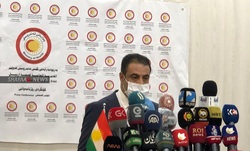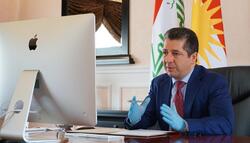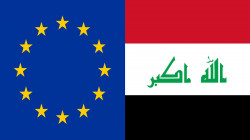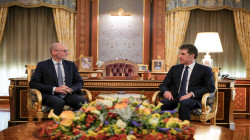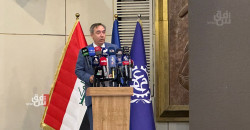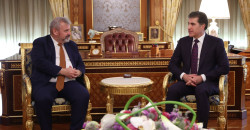EU Envoy urges Iraq to maintain neutral stance amid regional conflict
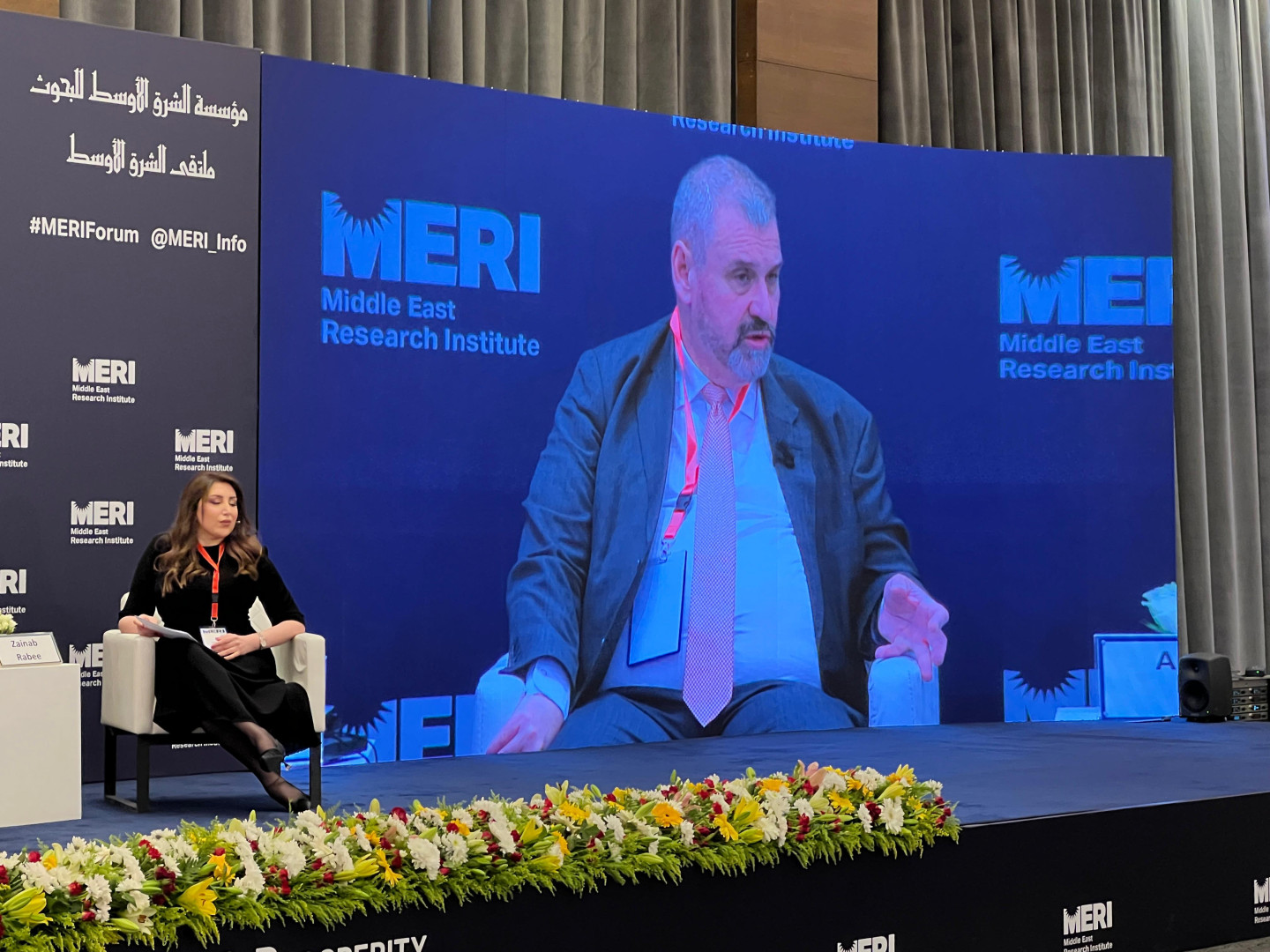
Shafaq News/ The European Union's head of mission in Iraq, Thomas Seiler, urged the Iraqi government to maintain its current policy of non-involvement in the ongoing regional conflict, warning against any steps that could draw the country into the war.
Speaking at a panel discussion during the Middle East Research Institute (MERI) forum in Erbil, the capital of the Kurdistan Region, Seiler praised Iraq’s approach to the situation, describing it as "very sound."
"If Iraq enters this war, it will not win," Seiler stated. "The current policy towards what is happening in the region is highly commendable, and we suggest that Iraqi officials continue along this path. Your policy is extremely appropriate," he added, emphasizing the government's efforts to help stabilize the region.
Seiler also lauded Iraq's role in hosting thousands of displaced Lebanese civilians. "We highly appreciate the Iraqi government’s decision not to engage in this war," he said.
About MERI 2024
Under the theme "Towards Good Governance & Prosperity," the Middle East Research Institute (MERI) Forum 2024 is taking place on October 29-30 in Erbil, Kurdistan Region. This high-profile event brings together a range of stakeholders, including local and international policymakers, academics, civil society activists, journalists, and diplomats, to address urgent issues impacting the region and offer policy solutions to decision-makers.
The forum focuses on Iraq’s immediate policy priorities, shifting regional dynamics, and opportunities for international engagement and collaboration. A series of topical themes have been selected for in-depth analysis, covering critical areas such as the evolving global and regional power structures, US policies in the Middle East, prospects for peace in the Levant, and Iraq's diplomatic role in the neighborhood.
Additionally, discussions will delve into Iraq’s political economy, financial system reforms, the institutionalization of center-periphery relations, and strategies for fostering ethno-religious coexistence. Participants will also examine Iraq’s fragility and the lessons that can be learned from other international experiences, offering a comprehensive platform to address the challenges and opportunities shaping Iraq’s future.
